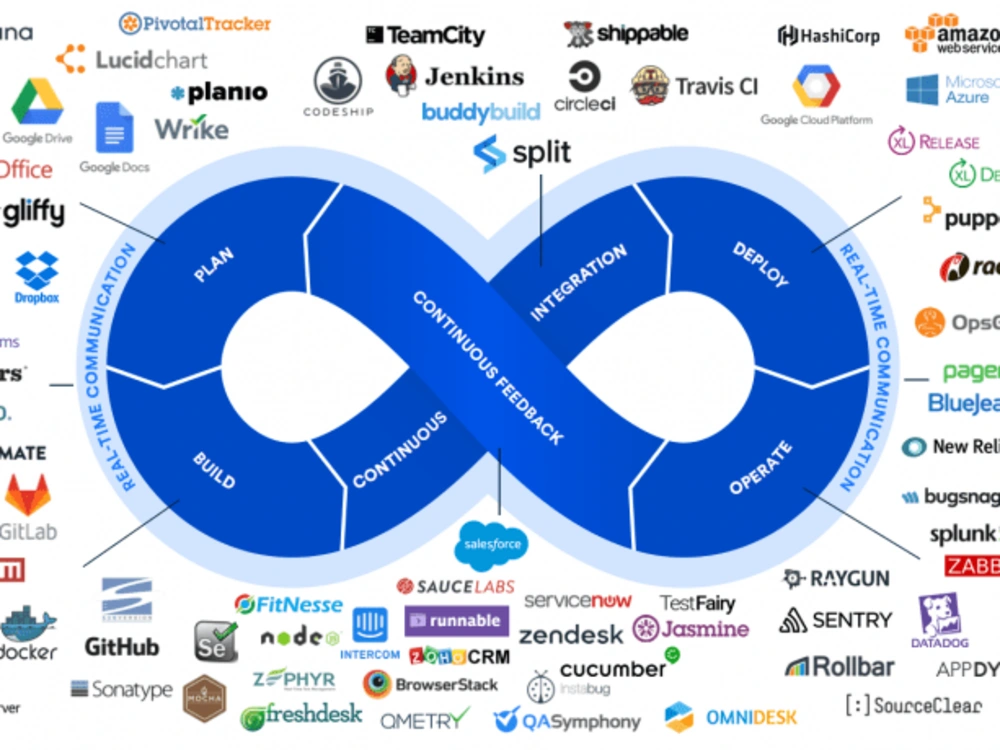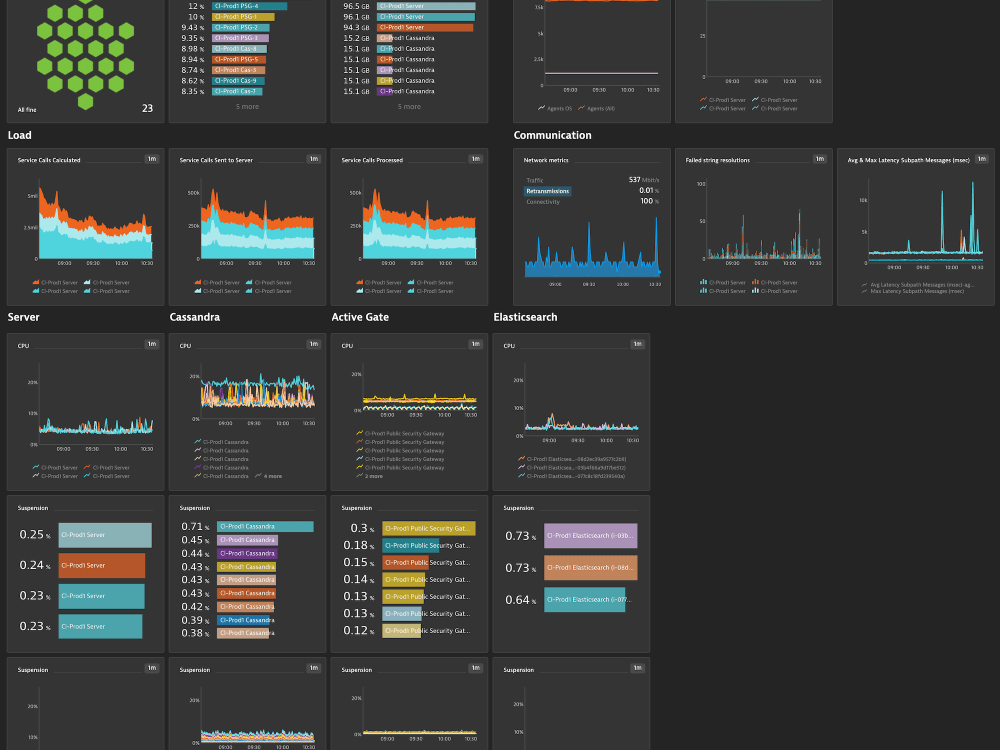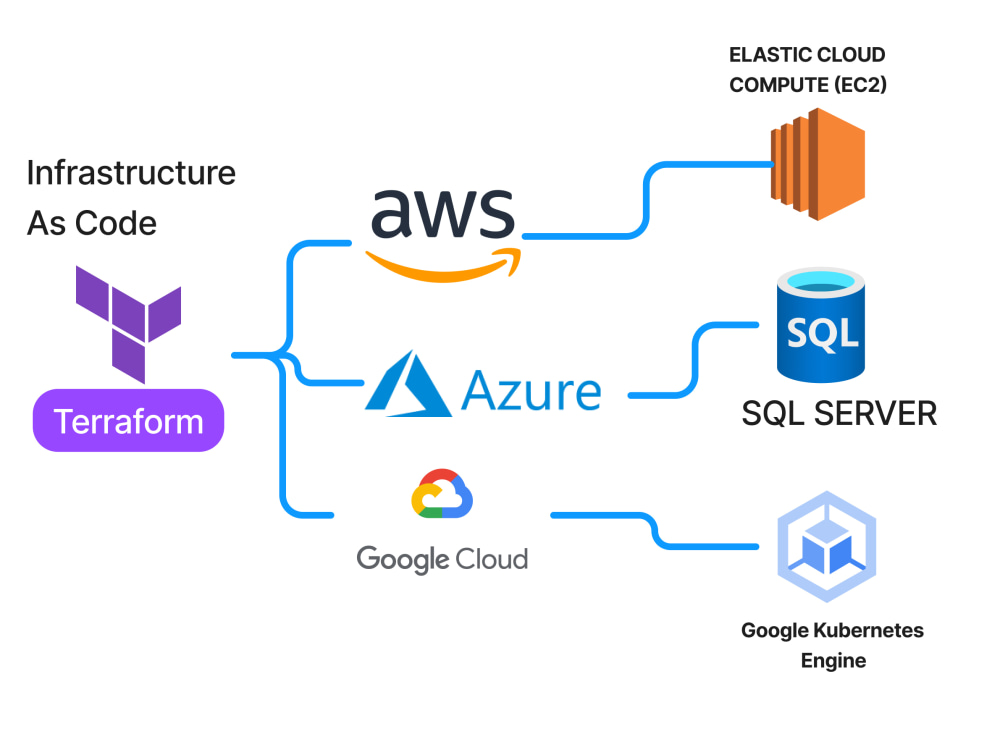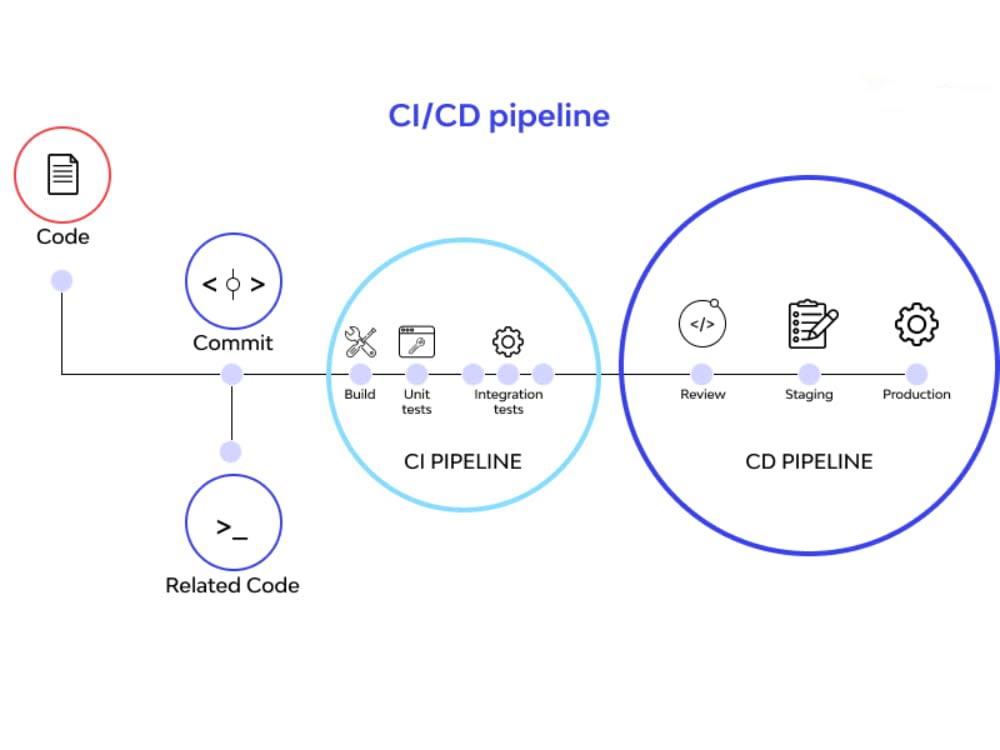Description
Continuous Integration Platforms streamline the software development lifecycle by automating the integration, testing, and validation of code changes. These platforms monitor version control systems and automatically trigger builds and tests each time code is committed, ensuring that issues are caught early and frequently. CI tools integrate with code repositories (e.g., GitHub, GitLab), testing frameworks (e.g., JUnit, Selenium), and container services (e.g., Docker). Key features include test coverage reporting, build artifact storage, and notification systems. By adopting CI, teams achieve faster feedback loops, reduced integration problems, and enhanced team collaboration. Continuous integration lays the groundwork for continuous delivery and deployment, driving agile and high-velocity software development.






Bridget –
This platform streamlines our software development workflow significantly. The setup was straightforward, and the integration with our existing tools went smoothly. We appreciate the robust features, reliable performance, and the improved collaboration it has fostered within our team. A solid choice for continuous integration needs.
Hauwau –
These platforms streamline the software development process. Easy to integrate with existing tools, they offer good automation for building, testing, and deploying code. While the initial setup can be a bit complex, the efficiency gains are noticeable, making them a worthwhile investment for agile teams.
Richard –
This platform streamlines our software development process with robust automation. Its intuitive interface simplifies build, test, and deployment pipelines. Integration with various tools is seamless, and the detailed reporting features offer valuable insights into build performance. A solid choice for teams looking to improve efficiency.